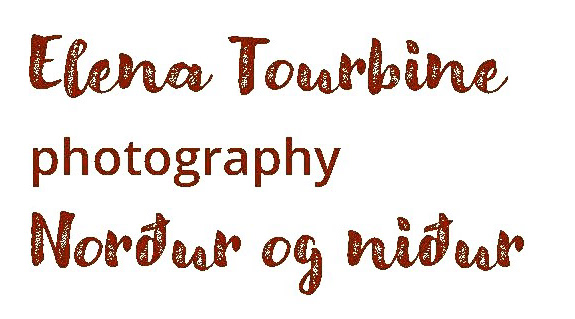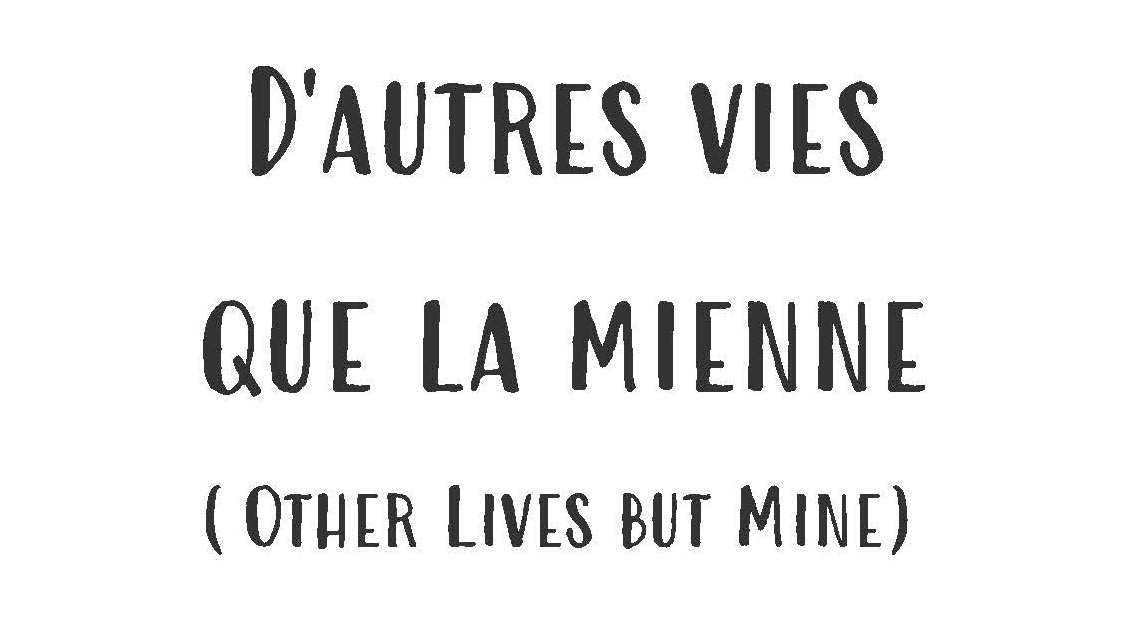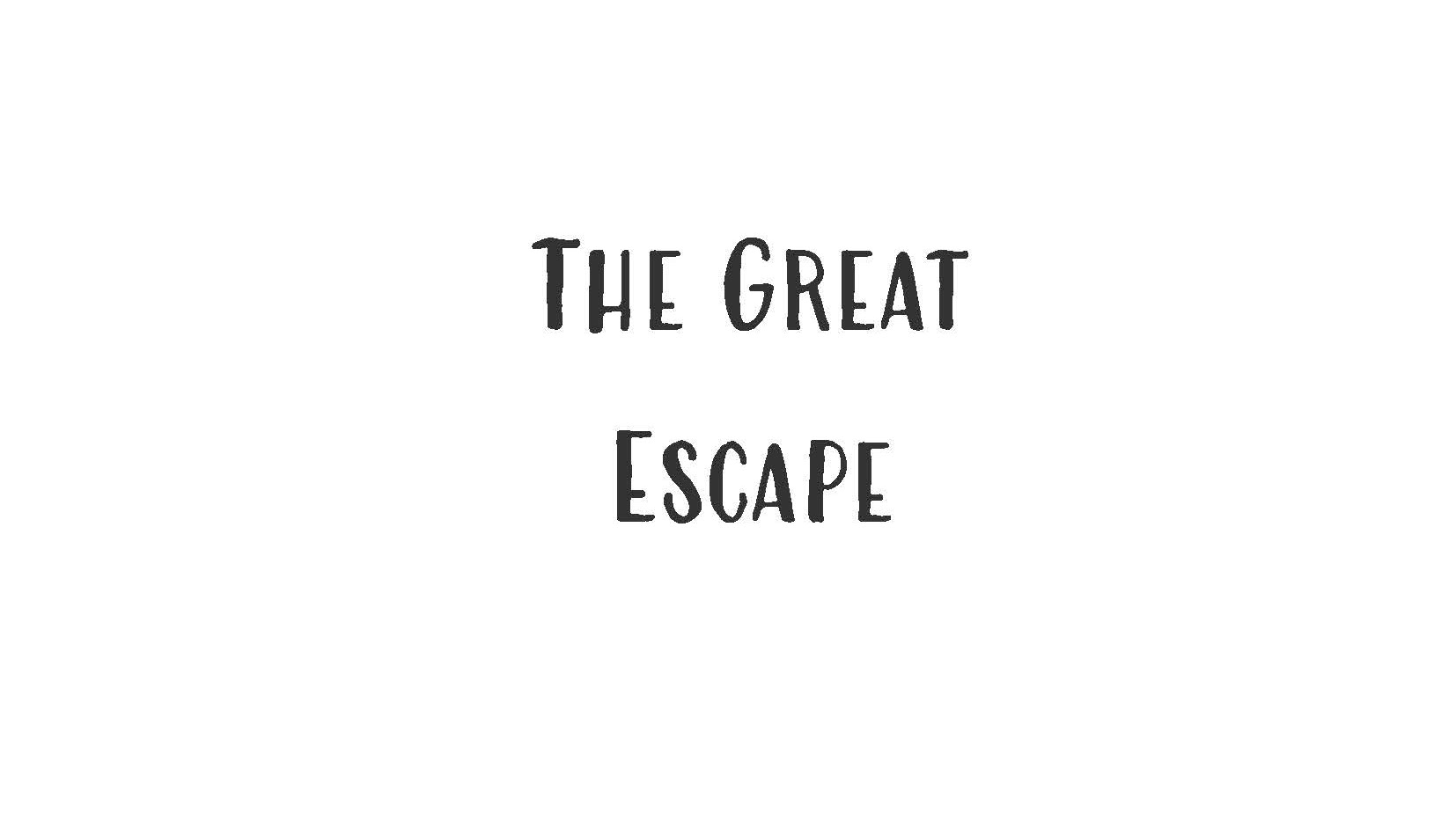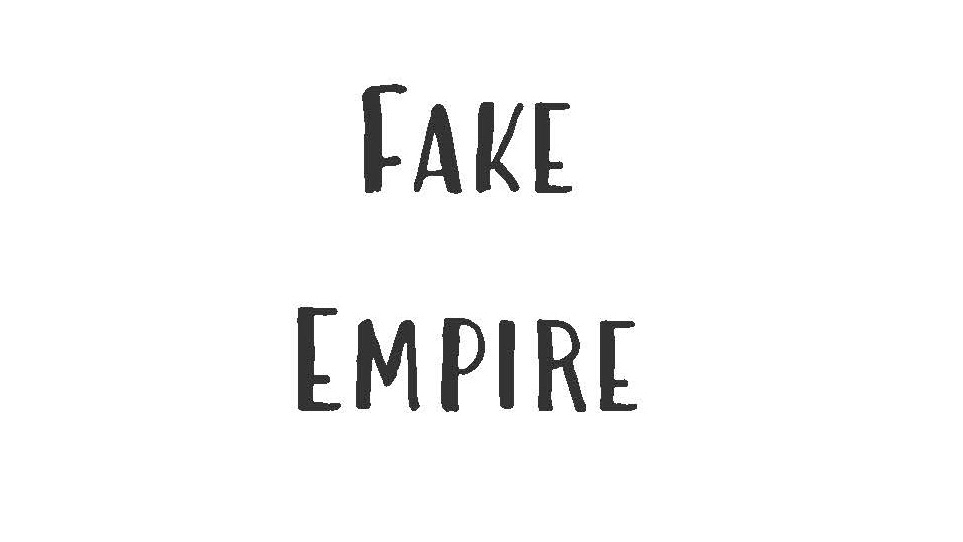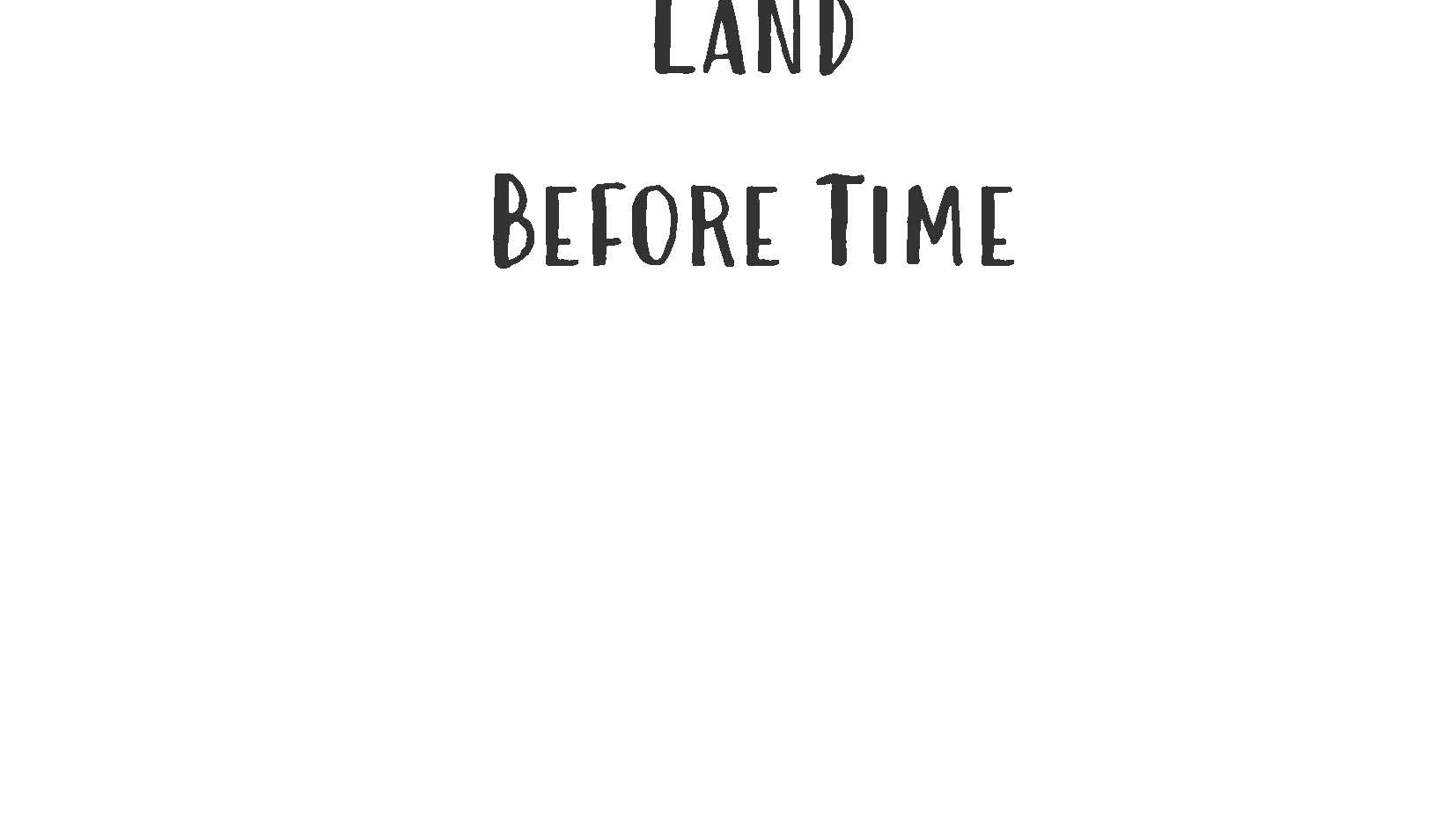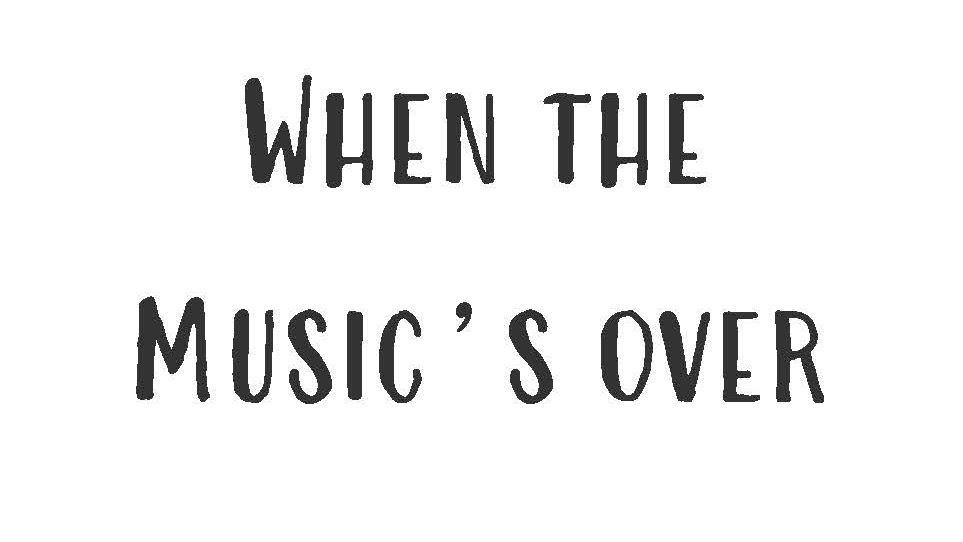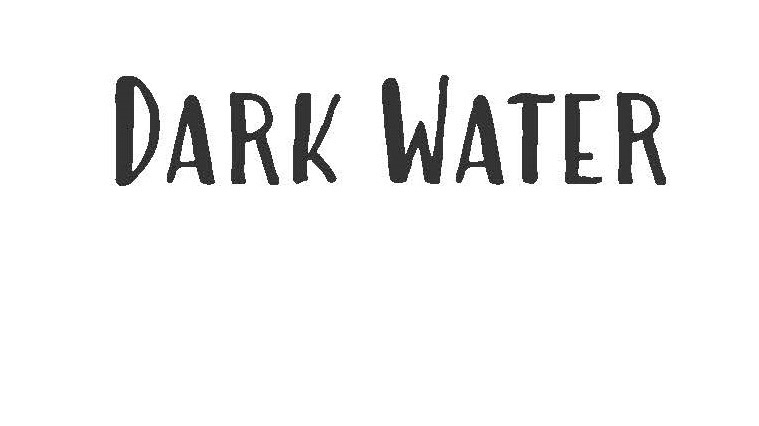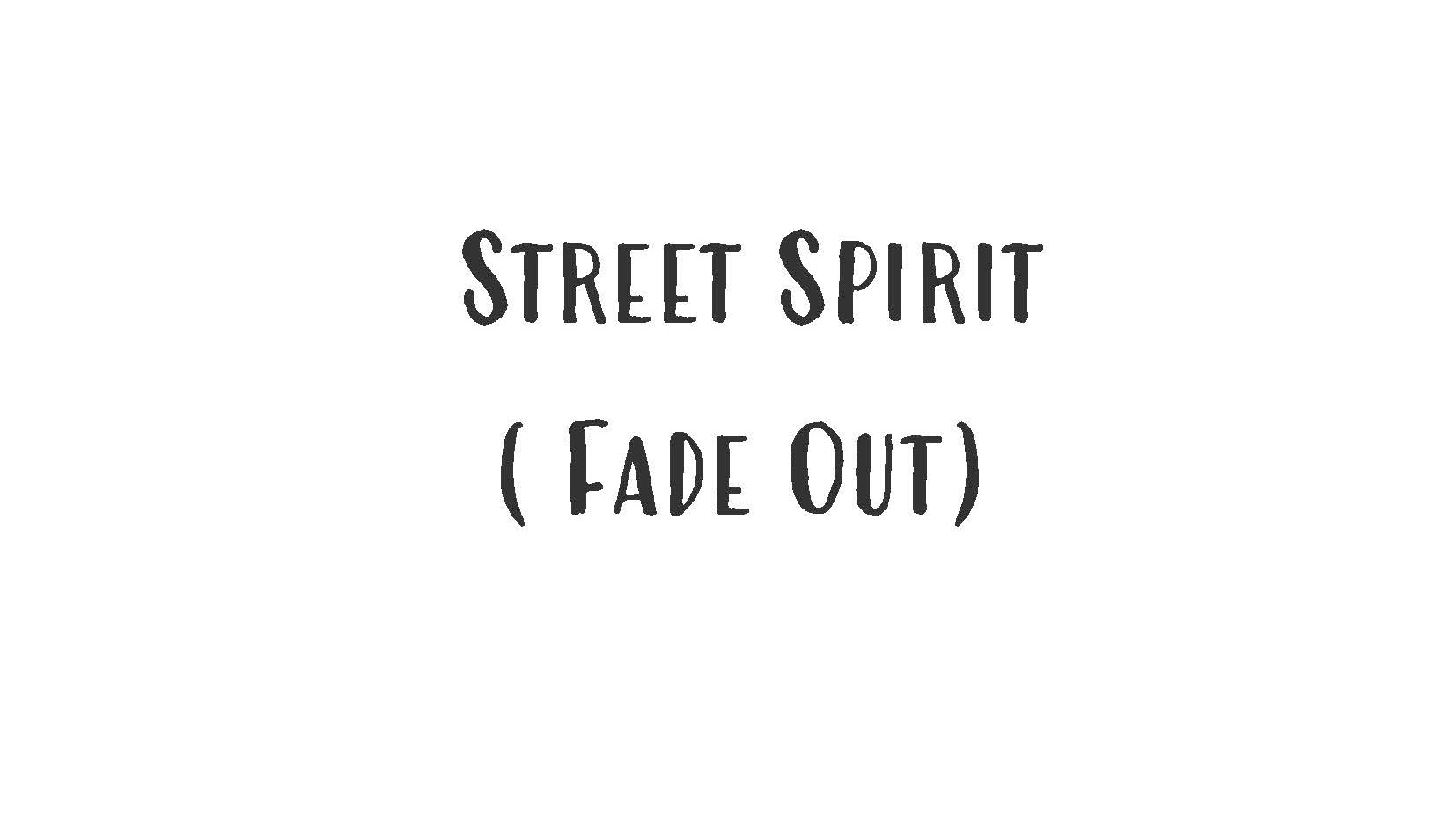A diplomat (the wonderful Laszlo Szabo) tells his colleagues and students how the new Europe has been drawn after the 2nd World War in Yalta: by the line of the carpenter’s pencil that Churchill borrowed from Stalin. Cut. One of the students is on a train, back to Paris. He's threatened by a guy who vanishes as suddenly he had appeared. Cut. Back home, the student opens his suitcase and finds a head, a mummified human head.
That is the very strange beginning of a French film that revealed this young director, Arnaud Desplechin, two scenarists who were about to become directors themselves -and good ones, Pascale Ferran and Noémie Lvovsky- and a whole generation of actors : Emmanuel Salinger, Emmanuelle Devos, Jeanne Balibar, Bruno Todeschini, Valérie Dréville, Marianne Denicourt, Louis-Do de Lencquesaing, Thibault de Montalenbert and Mathieu Amalric (you know him, he played the bad guy in James Bond Quantum of Solace).
In this first film (after an excellent short one, La Vie des morts - Life of the Dead), Desplechin put his fascination for spies stories, how politics shapes our lives with or without our consent, how the dead come back (or never leave), how parents transmit the world to their children and how these receive the heritage, and how one deals with that.
The whole career of Desplechin is a dance with these themes, and he manages to reach these summits again and again, decade after decade.
His two films shot in English are masterpieces: Jimmy P. (Psychotherapy of a Plains Indian), 2013, with Benicio del Toro, and one of my favorites, Esther Kahn (2000), about the training of an ambitious but not gifted actress in London, with the very rare Summer Phoenix.
But The Sentinel (La sentinelle) have always had a very specific place in my life. Working on an exhibition, I had the chance of carrying "the head" from the producer's office to the show-place. Laid on my knee, at the back of the cab, it seemed to say: sort it out for yourself, with that world.
Well, it's still true...
